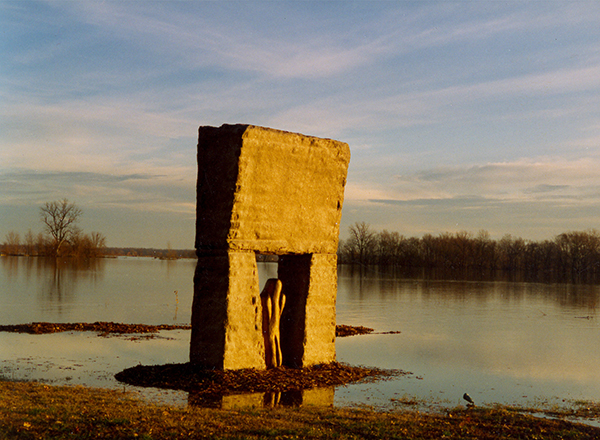Mary, the maiden who said, “Yes” is elevated to propriety and transcendence for good reason. The Holy Spirit spoke to her as a vessel for God. Frightened, awestruck, tingling with forbearance, Mary perceived the aura of God upon her who came to envelop the womb and bless the seed within it.
Does this make Mary divine? Or without sin? I think not.
The profundity of Luke’s tale resonates so well because Mary was one of us. This roots the incarnation of Jesus in our humanity, renders him an infant son who cried real tears clinging to his mother and father in the wake of life’s cruel turns. Jesus paid attention to the rabbis around him, and grew into knowledge and presence to become the creative Christ of our making. While Mary took pride in her son, she could not at the same time become God alongside him.
It is my position that the supernatural persona we place upon the Virgin Mother of God robs her of personality and strength. Instead, we are left with a polychrome icon who greets us in gentle perfection at the altar. If we exalt this feminine model, we begin to see our women in the light of unattainable glory, placing them upon a pedestal that manifests itself in the virgin bride and the homecoming queen and the blond anchor on FoxNews and the fetching girl playmate next door.
No woman can become fully human attempting to sustain such a model. See how far Marilyn fell on account of the demands we placed upon her. Popes Pius IX and Leo XIII elevated nineteenth century mariology, purified from the original blemish of Adam’s sin, to the highest heights in spite of modern science suggesting, “If Mary had complete x & y chromosomes, from where did the male ones come?” The Vatican has a way of circling the wagons when threatened with truth.

 Connect with GladdeningLight on
Connect with GladdeningLight on 

